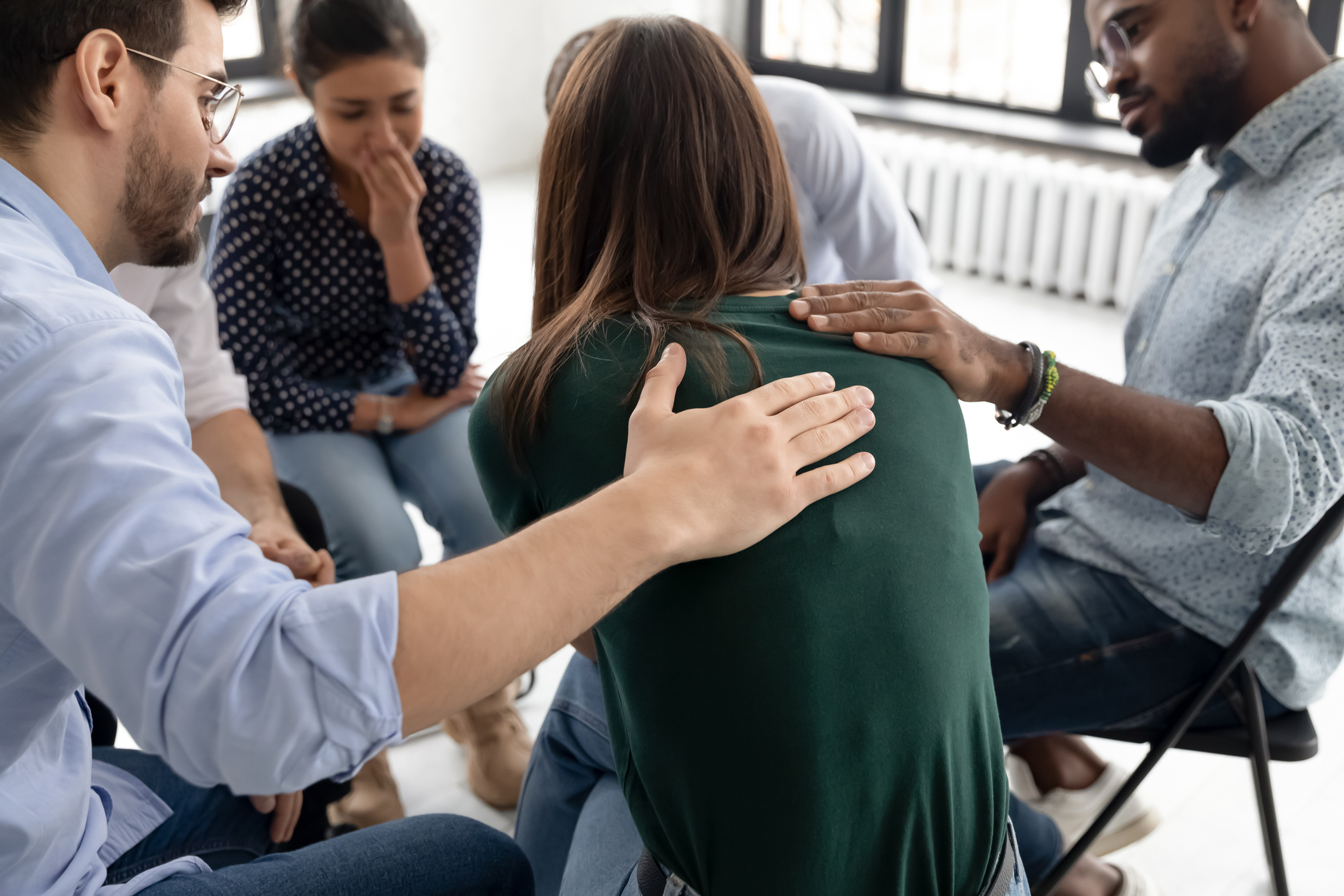Hamptons Soul: Addiction

Father Constantine Lazarakis of the Greek Orthodox Congregation, and Jewish Center of the Hamptons Rabbi Josh Franklin talk about addiction and how it should be approached from a spiritual place.
Father Constantine Lazarakis
Here on the East End, one doesn’t have to look too hard to find alcohol and substance abuse. There’s a unique set of circumstances putting all of us at risk for addiction. this is where many come to blow off steam, oftentimes not in the healthiest of ways. With ample disposable income, an overemphasis on being beautiful, and intense pressure to keep up, it’s easy to develop dependency. Intoxication can give a temporary respite from those pressures, and so the cycle can begin that leads to destructive and debilitating dependency.
It is scary to contemplate that someone you love, or even you yourself may be struggling with addiction. Our first response is often to dismiss it out of hand. Classic denial. The truth is that 1 out of 8 Americans struggles with an alcohol and/or drug use disorder. One of the first things to know about addiction is that it is common. There is nothing to be ashamed of, and there is help and treatment available, but you have to first acknowledge the problem before you can seek help.
Maybe the most important thing to understand is that the root of the problem is often spiritual. We yearn to love and be loved. We long to know God’s love and to share it. When we are unable to experience fulfillment from God’s love, we often turn to addictive behaviors and substances to fill the void. Twelve step programs such as AA and NA are among the most successful treatment programs, and the second step, after “admitting that we were powerless over alcohol (or whatever addiction one is struggling with)” is to believe that “a power greater than ourselves could restore us to sanity.” This is actually just classic spiritual practice, it would do us all some good to take an honest look in the mirror and ask ourselves what our dependencies are, and to instead turn to God to fulfill our hearts’ desires.
Rabbi Josh Franklin
Some people may think that the glamour of the Hamptons shields us from the addiction epidemics in our country. It doesn’t. It intensifies them. Lurking under the shadow of COVID, addictions are a serious public health crisis. Addiction doesn’t discriminate, but we’ve certainly found ways to marginalize addicts, to judge them, and make them feel less than welcome in many spheres of life.
Judaism has little to say in our ancient literature about addiction and how to support addicts in our community. Even in the scientific and medical community, addiction is not well understood. There are many explanations ranging from the antiquated perception that addition is a moral failing. We now believe addiction to be a disease, one that is often carried in the genes. And there is also a narrative which believes substances are so chemically powerful that if you use them enough, they will hijack your brain and change your neurochemistry. Author Johann Hari puts forth another important factor in his book Chasing the Scream; he posits that dependency is only part of the equation when it comes to addiction. A major component of addiction is lack of relational connection.
Quoting the theories of Bruce Alexander, an expert on the psychology of addiction, he says that “today’s flood of addiction is occurring because our hyper-individualistic, frantic, crisis-ridden society makes most people feel socially or culturally isolated. Chronic isolation causes people to look for relief. They find temporary relief in addiction — because it allows them to escape their feelings, to deaden their senses — and to experience an addictive lifestyle as a substitute for a full life.” If we aren’t able to find the bonds in life that we need, we will often find a behavior to bond with, whether it’s looking at our cell phones, smoking crack or gambling.” One of the best therapies to prevent and ease addiction might just be to develop stronger social connections.
Addiction support communities and rehab centers exist throughout the Hamptons. Don’t be afraid to seek help for you or a family member. There are even groups specifically for family members of alcoholics and addicts. If you are thinking, “this article isn’t for me, I’m not an addict,” I promise you that someone you know is. You might just not be aware. More importantly though, it’s our collective responsibility to destigmatize how we view and treat addiction and addicts.



